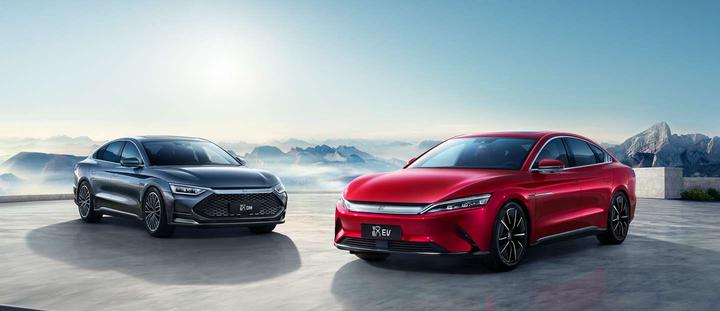BYD's Record-Breaking Sales: A Chinese EV Giant's Rise
BYD achieved sales of 4.27 million vehicles in 2024, marking 41.26% year-over-year growth and securing three major titles: China’s top automotive brand, top manufacturer, and global NEV sales leader.

BYD’s remarkable achievement of 4.27 million vehicle sales in 2024 represents more than just numbers - it symbolizes China’s emergence as a global automotive powerhouse. This milestone reflects several key factors that have shaped the company’s success story.
At the core of BYD’s triumph lies its robust talent pipeline. The company boasts an impressive technical workforce, with over 90% of its research and development team holding advanced degrees. This intellectual capital has been carefully cultivated through a 28-year commitment to recruiting top university graduates, particularly in engineering and technical fields.
The company’s success also stems from its vertically integrated business model. Unlike many competitors, BYD controls nearly its entire supply chain, from battery production to chip manufacturing. This self-reliance has proven crucial during global supply chain disruptions and has allowed the company to maintain competitive pricing while continuing to innovate.
BYD’s pricing strategy has been particularly aggressive, often challenging traditional automakers in both domestic and international markets. While this approach has led to lower profit margins, it has helped establish BYD as a formidable player in the global automotive industry, particularly in emerging markets.
The domestic market has been crucial to BYD’s growth, accounting for approximately 90% of its sales. This strong home market presence has provided the foundation for its international expansion, though challenges remain in penetrating developed markets like Europe and North America.
What sets BYD apart is its unwavering focus on technological innovation. The company has consistently invested in research and development, even during periods of lower profitability. This long-term perspective has enabled BYD to develop proprietary technologies across multiple vehicle systems, reducing dependency on external suppliers.
The company’s success has also had broader implications for China’s automotive industry. BYD’s rise has challenged traditional joint ventures in the Chinese market, forcing many to reconsider their business models and accelerate their transition to electric vehicles.
However, BYD faces several challenges moving forward. The company must balance its aggressive growth strategy with profitability concerns, while also addressing increased scrutiny in international markets. Additionally, maintaining technological leadership will require continued heavy investment in research and development.
The transformation of BYD from a battery manufacturer to a global automotive leader demonstrates the changing dynamics of the automotive industry. It represents not just the rise of a single company, but the broader shift in the global automotive landscape, where Chinese manufacturers are increasingly taking leading roles in shaping the industry’s future.